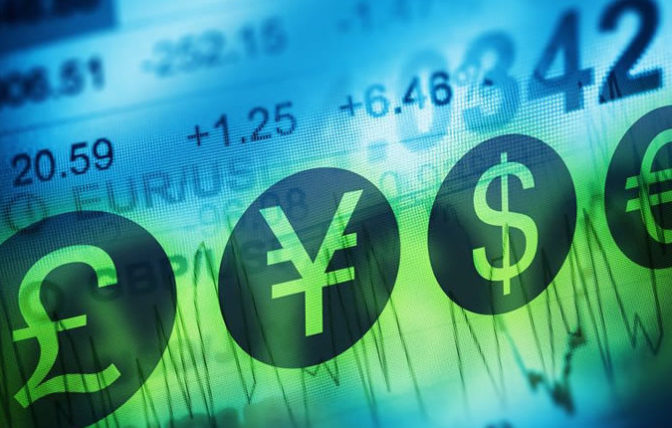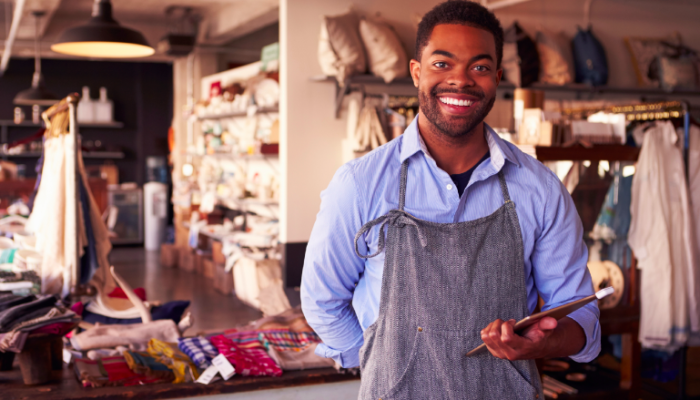
 "
"

 "
"

The need for Small and Medium-sized Enterprises (SMEs) in Nigeria to make the most of the huge possibilities created by the rising halal industry was in the spotlight at the second edition of the International Halal Seminar held in Lagos last week.
Halal Certification Authority (HCA) hosted an event titled “Emerging Halal Market: Tool for Economic Growth” to educate the public – Muslims and non-Muslims – on halal and certification processes.
Representatives from government agencies, manufacturing and service industries, academia, captains of industry, halal professionals, managers, students, and other stakeholders from within and outside the country attended in person and virtually.
‘Some Muslims don’t know the difference between Halal, non-Halal products’
Professor Ibrahim Oreagba, the chairman of HCA, spoke about the importance of holding the seminar, saying that the organization’s primary responsibility was to certify products.
“It confirms that products and services and their processes are halal. However, part of our responsibility is also to enlighten the general public about the halal industry.”
“We realize that a lot of people do not even understand what halal is. Even some Muslims don’t know the difference between halal and non-halal products. So, it is our duty to create awareness and this international seminar is one way of educating the public and our clients in the industry on halal and certification processes,” he said.
Also, erudite Islamic scholar, Professor AbdulMajeed AbdurRazaq Alaro, speaking on the theme, described the halal industry – which includes food and non-food products and services – as an alternative source of income for Nigeria with a huge market of about $5 trillion shares globally.

He said: “When we look at it from pure economic perspective, the halal industry is needed in Nigeria. We all know that the mainstay of our economy as a nation as we speak is oil and the whole world today is already planning for life after oil, even those that have bigger and better capacities in terms of oil reserves and capacity to produce and market. They are already looking for what comes after the oil exploration and production as the mainstay of their economies.
“So, when we look at it from that angle, we don’t have to close our eyes to other alternative sources of income for us as a nation. So, the halal industry will provide one of the many alternatives that are available. It is a very big market today. We are talking of a market that has a share of about $5 trillion globally. Hence, it is better for us to look at that direction too by way of diversifying our sources of income as a nation to continue to grow our economy and to continue to develop our country.”
However, Alaro, an Islamic Law professor at the University of Ilorin, stated that the halal industry in Nigeria is currently in its infancy, with a small market share.
“We are just beginning. When you look at even what we can describe as the halal industry report, hardly will you find anything referring to the status of halal marketing in Nigeria. Why? Because it is very insignificant if we look at the market share. Already, I told you the global worth of the market is about 5 trillion dollars, but we don’t even account for 1% of this market share globally.
“But I believe it is a very good beginning. What we are doing here today is to create awareness for people to look in that direction. There is ample opportunity that is waiting for us in that direction as a nation. We should just try to take that advantage.
“It is interesting when you look at the latest ranking of countries in the halal sector. Nigeria is not captured in most of the segments, just one. It is quite encouraging that Nigeria performed very well by coming 13th in the world in the Islamic financial sector. My interpretation is that if we can try to achieve our potentials in other sectors (segments) of the halal economy, I believe we will improve our ranking and it will be very good for us as a nation, but as we speak, the market share is so insignificant in this country,” he noted.
Professor Alaro stated that, despite the industry’s poor reputation in Nigeria, its products and services are available worldwide, with Brazil, a non-Muslim-dominated country, ranking first among halal food exporters.
“Others are India, United States of America, etc. This is to tell you that the halal industry is accessible to the entire world already, but what is quite unfortunate is that Nigeria ought to have taken the advantage of having a very huge population of Muslims. That should be to our own advantage and that is what we are calling for, but Halal is already in every major economy of the world today. It’s not new and it is not strange,” he noted.